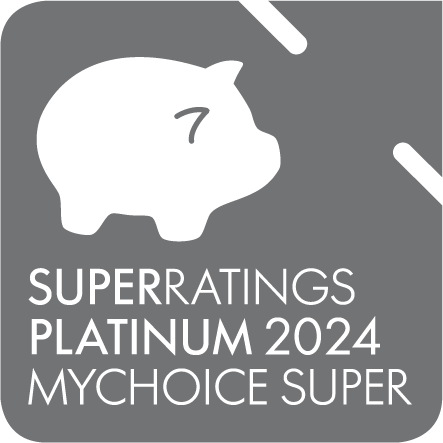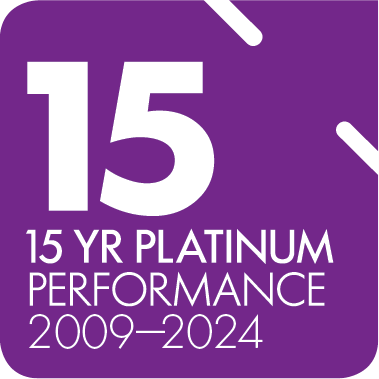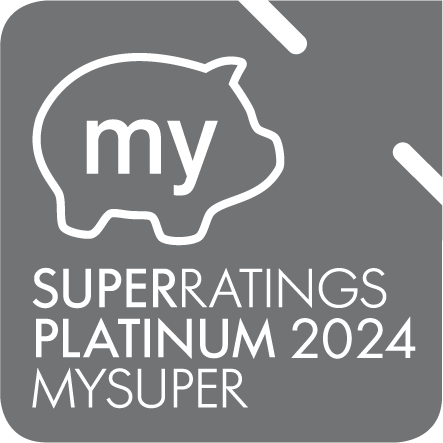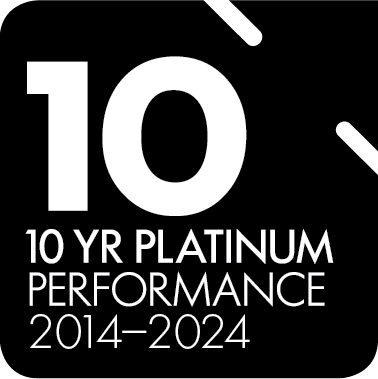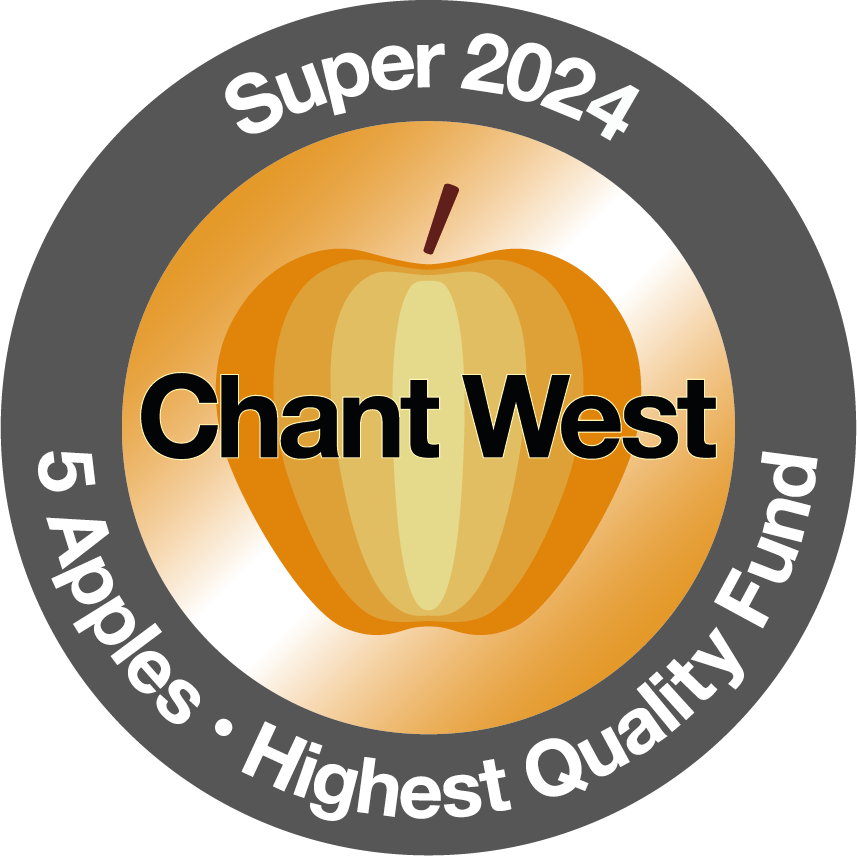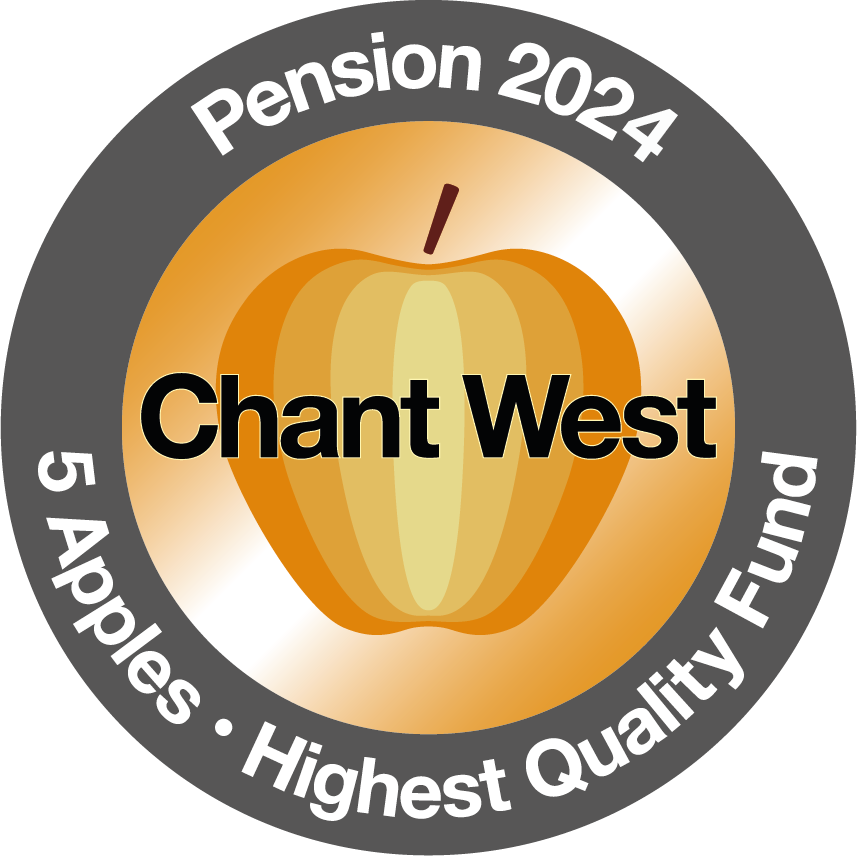Talk to a retirement expert
What does your pathway to retirement look like? Not sure where to start? We can help.
Whether you’ve got questions about your super balance, when you can retire, or what to do once you get there, our Retirement Centre is here to help with personalised one-on-one service, practical information, and general advice. We can help you:
- Understand your retirement options
- Connect you with financial planning services
- Help you open a retirement account
Call us on 1800 777 060 or book a time to speak to our team today.
Have a general enquiry? Contact our Helpline.






